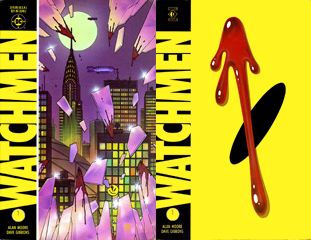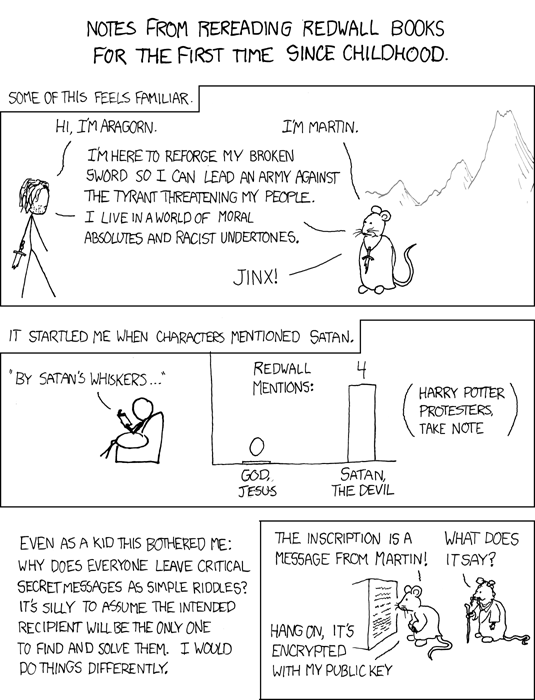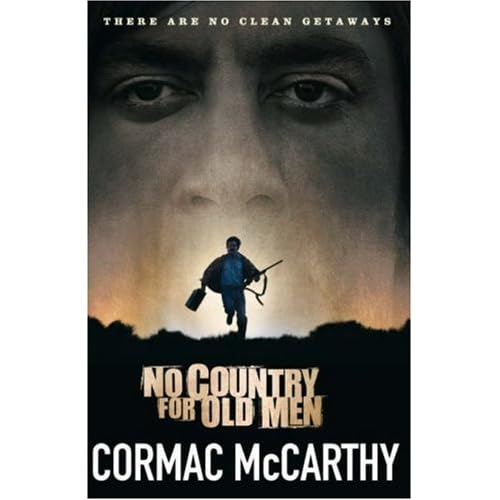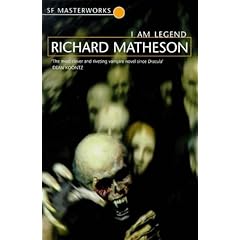Everything is building again - only three weeks off from completing my screenplay module and I find myself deep in the midst of writing for different projects again - this is a GOOD thing, for what is a writer with nothing to write? A hack probably.
I've been developing an idea I started before the screenplay module finished, and it's been going nice and slowly (a good way to really develop ideas whilst playing around with pov, tense, strategy, etc), but having written one chapter, focusing immediately upon the protag, I needed something else to frame it. I still wasn't happy about the structure of the chapter and what I'd chosen to expose the reader to - too much info probably, stuff that could be revealed later and provide an "ahhh, I get it" moment.
So, I turned my attention to another chapter, one to slot before the protag visitation - and one on which I could hang some extra tension. The problem with the protag chapter is that he doesn't know what is going on in the wider world (having been in prison will do that), and in order, I believe, for the reader to really pick up on the suspense of what is coming (dramatic irony) I required another opening (just as I had done when I was working on my contemporary fiction novel - Spoiling Virtue - adding a chapter before the opening, then a chapter before that, until I found myself miles away from what the story was really about).
Spoiling Virtue I dropped because Salley Vickers had advised me to avoid child abuse stories for at least 10 years - interesting.
Anyhoo, in starting to develop a new chapter I got to thinking about chickens and eggs (and not just because my stomach was growling). Writing the opening to a novel and/or screenplay is very much a chicken and egg situation. You've got to start somewhere and yet your original opening might not necessarily be the right place to start. And just as the evolution of the clucking family meant they actually circumnavigated the question entirely, so too does the writer, for your original opening might end up being the midpoint, the ending, an incidental scene, or cut from the work entirely - as long as one isn't too precious about one's work - the process should be free flowing and ready for evolution.
I'd written quite a great piece - my best yet - and my wife liked it. Yay! Only, I got back to it the next day to find that it wasn't what I'd thought it was. I was shocked, dismayed. I was still writing awful prose...
They ran the next red, slid across the sweaty tarmac and tore away into the night. With the road to themselves and the town’s breath heavy on their necks they didn’t look back. In their wake they left a labyrinth of roundabouts and diversion signs surrounding the central precinct. Within that perimeter the town’s hub lay open like a ruptured wound; picked clean of community and hospitality.
His foot was to the floor as they fled the overhang of long-empty office-blocks and neglected tenements, stripping away the humidity as they accelerated. She gripped the fabric of his jeans in a hand whose nails had been bitten to the quick, finding her seatbelt little comfort, while the tangle of her hair whipped and flailed about her face. They fled together as if fearful the decay that had taken root in the land might poison them with the corruption of its concrete heart.
Stonework and steel gave way to the stillness of open meadow and rolling hills. Yet their speed didn’t relent. And out to the west beyond the thirsty hedgerows and oases of trees, beyond the wilted fields of oilseed rape and a glimpse of a night-owl or prowling fox, a steady stream of lights hastened up and down the motorway in whites and reds.
I mean, okay, it's... fine, but it's not brilliant, and I want to be brilliant. What to do? I stared at it in disbelief - the boost I'd received from the FeverPitch competition's positive feedback hadn't lasted long. I was stumped - immediate Writer's Block. No amount of knowing my characters was going to save me this time!
But then, I picked up one of the books on "how to write" that I'd got from the library in order to do my pedagogic review (part of my NAW professional development module) - yes, I know, how awful that a writer needs to use a how to book to break him out of a tough spot (let's hope none of you point out that I refer to Dramatica too).
Anyhoo, the first few pages, strangely, and wonderfully enough, cover writing things in different pov's. It suggested that I try rewriting something that I'd written in one pov, in another. The above extract is 3rd person, so, I tried 1st. And... the difference a change of head makes! I think what really opened it up for me was that by changing everything to 1st person I allowed my mind to let go its usual restraints and to free itself of my usual uniformity. Suddenly I let in some feeling... some emotion. SHOCK HORROR. See how this new extract has much more punch to it, and how it draws you in in a way the original version doesn't:
We ran the next red, slid across the sweaty tarmac and tore away into the night. The road was ours and though the town’s breath was heavy on our necks we didn’t look back. Behind us the central precinct sprawled like a ruptured wound; picked clean of community and hospitality. And at its concrete heart where the darkness swelled and a poison had taken root, the land had begun to die.
His foot was to the floor as he ratcheted up through the screaming gears, stripping the humidity from our faces. Before I could blink he had freed us from the overhang of long-empty office-blocks and neglected tenements. It was as if we could breathe again. Though I couldn’t calm the jangle of my nerves. My seatbelt was no comfort against our speed and I found myself clutching at the leg of his jeans, only able to hold my grip because I’d developed the unpleasant habit of biting my nails to the quick. With my other hand I battled against the tangle of my hair as it whipped and flailed about my face. Time was I’d have forced him to pull over until I’d preened it tightly beneath a headscarf and secured the bow beneath my chin. Time was he’d have let me.
Stonework and steel gave way to the stillness of open meadow and rolling hills, yet our speed wouldn’t relent. The broiled scent of tarmac was on the air, the kind of smell you only get before a storm, though the sky was free of clouds. Beneath the diamond glitter of stars this drought refused to yield. Out to the west, beyond the thirsty hedgerows and oases of trees, beyond the wilted fields of oilseed rape and the miracle glimpse of a night-owl or prowling fox – it could have been either – I could see the two lanes of lights that hastened up and down the motorway in whites and reds, like a procession of paired children with lanterns





